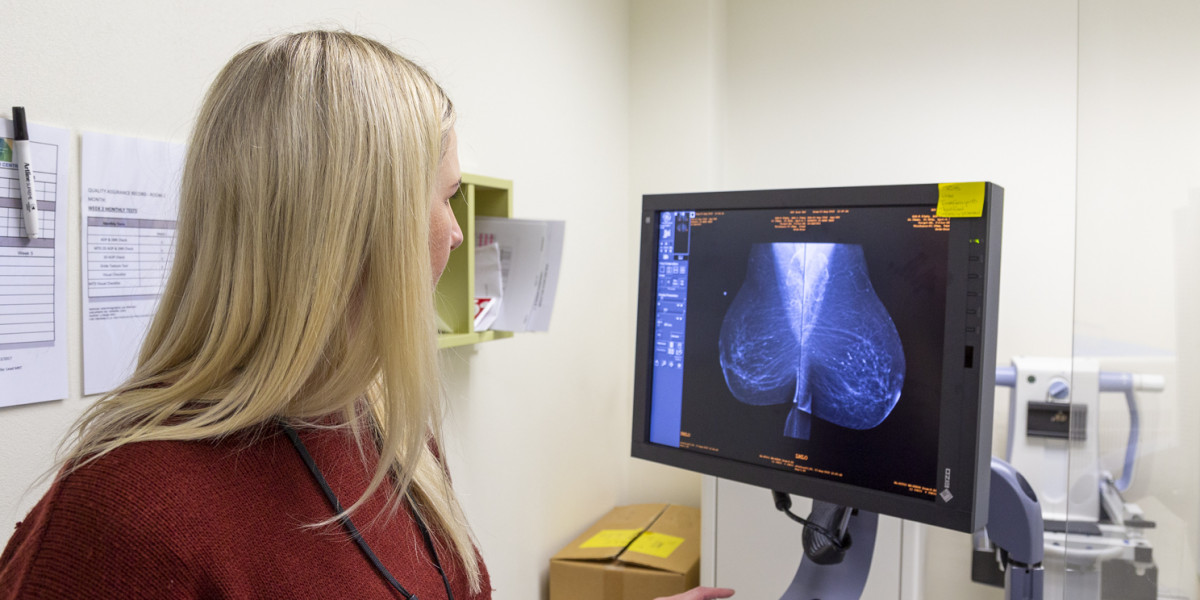The Cancer Society of New Zealand welcomes extra funding for improving cancer screening programmes and prevention, but the outcomes for cancer treatment are less clear.
The Wellbeing Budget 2021 allocates extra funding to roll out the National Bowel Screening Programme and increase access for Māori and Pacific peoples. Earlier, the Government announced additional investment in cervical cancer and breast cancer screening.
“New Zealand has one of the highest bowel cancer rates in the world and the current eligible screening age is 60-74,” says Cancer Society Medical Director Dr Chris Jackson.
“There is a steep increase in bowel cancer beginning at age 50 and most comparable countries offer bowel screening from that age. Therefore, we encourage bowel screening from an earlier age for all New Zealanders.”
The Cancer Society supports the additional funding for Smokefree 2025 to scale up stop-smoking programmes and invest in health promotion. The Government is showing commitment to bring smoking rates down.
The Budget provides an extra $200 million boost for PHARMAC. However, it is far from clear if the extra boost will help people with cancer today.
“New Zealanders know that our access to cancer drugs is poorer and slower than comparable countries. The funding increase to PHARMAC doesn’t necessarily mean more cancer drugs for people affected by cancer,” says Dr Jackson.
“We need better tools to fight cancer like cancer drugs, but we also need the doctors and nurses to deliver these treatments. Adding new treatments without more staff just causes waiting times to go up and harms others in the process.”
“The new funding for DHBs needs to be directed to better and faster access to cancer diagnosis and treatment to improve our lagging cancer survival rates.”
The Cancer Society would have liked to see extra funding for the National Travel Assistance scheme, which provides access to support.
“People going through the difficulties of cancer treatment should not have to jump hurdles to get to the treatment. We want changes to the current scheme to improve equity and outcomes for people affected by cancer,” concludes Dr Chris Jackson.
Read more:
- Cancer Society’s statement on the pre-Budget announcements of additional investment in cervical cancer and breast cancer screening.
ENDS
Dr Chris Jackson is available for comments. To schedule an interview, please contact:
Linda Heerink
Communications Advisor Cancer Society of New Zealand
linda@cancer.org.nz
021 757 603
---
Background information
Key facts
- Each year, approximately 25,000 people are diagnosed with cancer in Aotearoa, with nearly 3,000 of those people being Māori.
- Lung cancer and colorectal cancer account for the highest number of cancer deaths each year (around 1,700 and 1,200 respectively).
Key facts breast cancer
- Breast cancer is the most common cancer among women in Aotearoa, affecting around 1 in 9 women over their lifetime
- 3,549 New Zealand females were diagnosed with breast cancer in 2018, including 483 wahine Maori.
- 685 females died from breast cancer in 2018, including 84 wahine Maori.
- 23 New Zealand males were diagnosed with breast cancer in 2018.
Key facts bowel cancer
- Aotearoa has one of the highest rates of bowel cancer in the world.
- 3,189 New Zealanders were diagnosed with bowel cancer in 2018, including 230 Maori.
- 1,248 New Zealanders died from bowel cancer in 2018, including 75 Maori.
Key facts cervical cancer
- 189 New Zealanders were diagnosed with cervical cancer in 2018, including 43 wahine Maori.
- 60 New Zealanders died from cervical cancer in 2018, including 16 wahine Maori. Maori women are twice as likely to be diagnosed with cervical cancer than non-Maori.
---
About the Cancer Society of New Zealand
The Cancer Society of New Zealand is the country's leading organisation dedicated to reducing the incidence of cancer and ensuring the best cancer care for New Zealanders. We are committed to working with communities and decision makers by providing leadership and advocacy in cancer control, with core services in information and support, research and health promotion.
cancer.org.nz
facebook.com/cancersocietyNZ
twitter.com/nzcancerso

